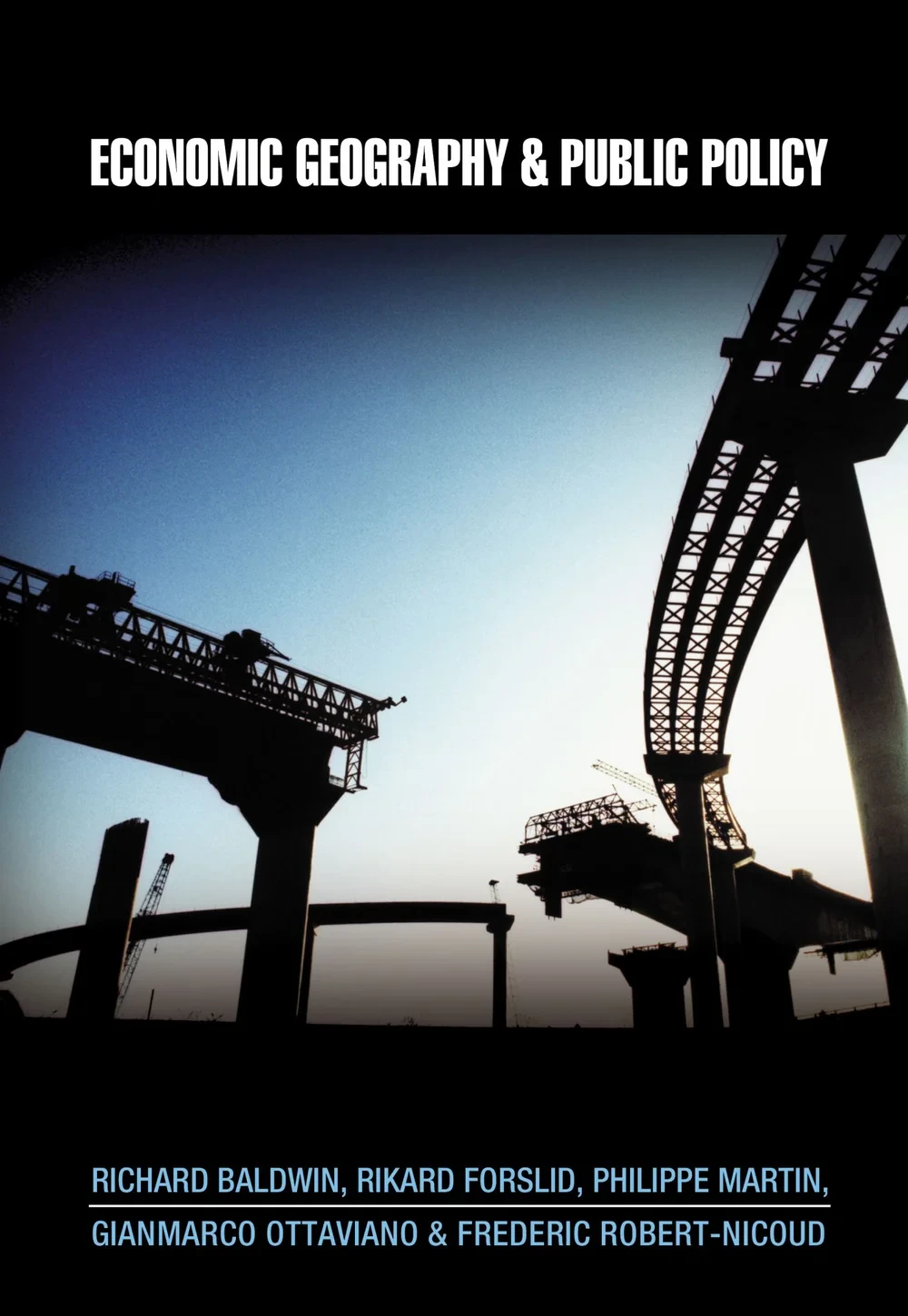
Economic Geography and Public Policy
Smartfox Books Code: PR8647
Approx $87.38 USD
"Economic Geography and Public Policy" is an authoritative exploration of the critical relationship between geographic factors and public policy, providing insights into how spatial distribution, location theory, and regional economics influence economic development and policy-making. This comprehensive book delves into the complex interplay between economic geography—how economic activity is distributed across space—and the public policies that shape and respond to these spatial dynamics.
The book covers key topics such as the geography of trade, urban economics, the spatial distribution of industries, and the impact of globalization on regional economies. It also explores how government policies can influence economic outcomes by addressing regional disparities, encouraging economic growth in specific areas, and managing the effects of globalization.
Written by leading experts in the field, "Economic Geography and Public Policy" is essential reading for policymakers, economists, urban planners, and students of regional economics. The book provides a solid foundation in the principles of economic geography while offering practical insights into how these principles can be applied to real-world policy challenges.
Key Features:
-
Intersection of Geography and Policy: The book examines how geographic factors such as location, spatial distribution, and
regional characteristics impact public policy and economic outcomes.
-
Economic Development: Learn about the role of economic geography in shaping regional development strategies and influencing
economic growth across different areas.
-
Location Theory and Trade: Explore theories of location and trade that explain why certain industries and economic
activities cluster in specific regions, and how these clusters affect economic performance.
-
Urban and Regional Economics: Delve into the economics of cities and regions, including the spatial distribution of
industries, the role of cities in the global economy, and the challenges of urbanization.
-
Globalization and Policy: Understand the impact of globalization on regional economies and how public policies can mitigate
its effects on local industries and communities.
-
Regional Disparities: The book addresses regional disparities in economic development and how public policies can be
designed to reduce inequalities between regions.
-
Policy Analysis: Gain insights into how policymakers can use economic geography principles to design effective policies
that promote balanced regional development and economic resilience.
-
Case Studies and Examples: The book includes real-world case studies and examples that illustrate the application of
economic geography to public policy, offering practical lessons for policymakers.
-
For Economists and Planners: Ideal for economists, regional planners, urban developers, and students interested in the
connections between geography, economics, and public policy.
-
Comprehensive Resource: "Economic Geography and Public Policy" serves as a comprehensive resource that bridges the gap
between theoretical concepts and practical policy applications in the field of economic geography.
Understand the vital connections between space, economics, and policy with "Economic Geography and Public Policy." This essential guide provides the tools and knowledge needed to analyze and influence the spatial aspects of economic development, making it a must-read for anyone involved in the planning and implementation of public policies that affect regional and global economies.
Description:Research on the spatial aspects of economic activity has flourished over the past decade due to the emergence of new theory, new data, and an intense interest on the part of policymakers, especially in Europe but increasingly in North America and elsewhere as well. However, these efforts--collectively known as the "new economic geography"--have devoted little attention to the policy implications of the new theory. Economic Geography and Public Policy fills the gap by illustrating many new policy insights economic geography models can offer to the realm of theoretical policy analysis. Focusing primarily on trade policy, tax policy, and regional policy, Richard Baldwin and coauthors show how these models can be used to make sense of real-world situations. The book not only provides much fresh analysis but also synthesizes insights from the existing literature. The authors begin by presenting and analyzing the widest range of new economic geography models to date.From there they proceed to examine previously unaddressed welfare and policy issues including, in separate sections, trade policy (unilateral, reciprocal, and preferential), tax policy (agglomeration with taxes and public goods, tax competition and agglomeration), and regional policy (infrastructure policies and the political economy of regional subsidies).
A well-organized, engaging narrative that progresses smoothly from fundamentals to more complex material, Economic Geography and Public Policy is essential reading for graduate students, researchers, and policymakers seeking new approaches to spatial policy issues.
The product may be provided by a different brand of comparable quality.
The actual product may vary slightly from the image shown.
Shop amazing plants at The Node – a top destination for plant lovers



.jpg)








.jpg)









.jpg)





.jpeg)





.jpeg)



.jpeg)








.jpeg)



.jpeg)

.jpeg)

.jpeg)

.jpeg)




.jpeg)
.jpg)

.jpeg)






.jpeg)
.jpeg)




.jpeg)





.jpeg)


.jpeg)

.jpeg)

.jpeg)

.jpeg)







.jpeg)
.jpeg)
.jpeg)





.jpeg)



.jpeg)






.jpg)
.jpeg)









.jpg)


ulva-Logo.jpg)




.jpeg)



.png)















.png)
























